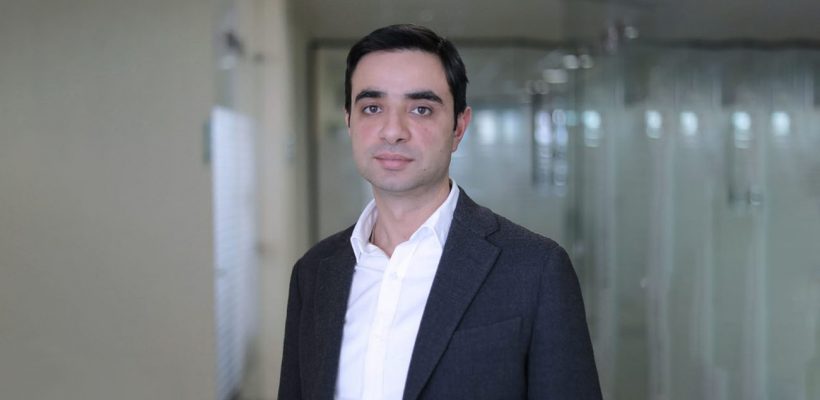
Instructor Story: Checking in with CSE’s Artur Mkrtchyan
3 min readArtur Mkrtchyan joined the American University of Armenia (AUA) in 2020, as an adjunct lecturer in the College of Science and Engineering (CSE) teaching fundamentals concepts of software testing. In this interview, he reflects on his journey prior to AUA, and how it feels to contribute to and be a part of the AUA family.
What influenced your choice of profession?
From 2002 to 2006, I was studying at the faculty of Information Technologies and Applied Mathematics at Yerevan State University. At that point, we hadn’t even heard about the software testing discipline in the field of software engineering. We were imagining our future as programmers or researchers. After getting a bachelor’s degree and returning from the army, I started working at a research laboratory as a developer and researcher. After the onboarding period, I realized that the real projects of software engineering, the ones we were working on, differ from the ones I had envisioned. We worked on the creation and maintenance of test suites for specific projects. At that point, I started to dive into the world of software testing and quality assurance. With each day, I was realizing that software test engineering (STE) is an inseparable part of software engineering and that the path I chose was exactly what I wanted. Thus, I can definitely state that I am lucky and that I started my journey as a test engineer from the very beginning of my career. Even now, almost 12 years later, I am grateful every day for the incident that occurred at the very beginning of my career.
What brought you to AUA? Tell us about your experience as a member of the AUA faculty.
After working for several years in the software testing field, friends of mine and I outlined some common problems and gaps in the Armenian IT world in the scope of quality engineering. The first problem is the lack of resources for newcomers to prepare them for the software testing field, such as a variety of training and university programs, and STE-related courses in universities. The second problem is the misunderstanding of the STE profession and its role. My friend, Arshak Balyan, and I established the Armenian Association of Quality Assurance Professionals NGO and the Armenian Software Testing Qualifications Board (long names, I know) in 2016, and until now our main goal has not changed — to promote the software testing engineering profession in Armenia. After that, we began cooperating with leading universities and training centers to create STE-related courses, which will provide opportunities for students to become professionals in the STE field, as well as understand the role of STE and the value of quality.
After cooperating with AUA during the organizational process for Yerevan Testing Days 2019 (it’s great to have a chance to once again thank all AUA staff), we continued discussions about adding software testing-related courses to the CSE curriculum. Shortly after, as a result of fruitful cooperation, we had a solid program and syllabus for the course, which contributed to me starting my journey at AUA. I am proud to be a part of the AUA family, and I really enjoy working in such a positive environment alongside great people. I understand how challenging and responsible this position is, and for that reason, I feel motivated to accept the challenge and succeed.
What do you think of Armenian youth today, judging from what you see at AUA? What is your perspective regarding the future of Armenian academia?
The more the world develops, the more opportunities and professions become available for the youth. Through utilizing the internet and various available resources, young people can now foresee what their career will look like after several years and prepare to realize their visions. Being the flagship among local universities, AUA can undoubtedly educate, inspire, and guide students to accept current challenges, fight for their goals, and learn how to welcome opportunities. Here at AUA, students become hard workers who always demand more and enjoy their classes. With all of this, I am more than confident that in the foreseeable future we will hear even more success stories of our students, and they will continue becoming prominent and successful professionals.
